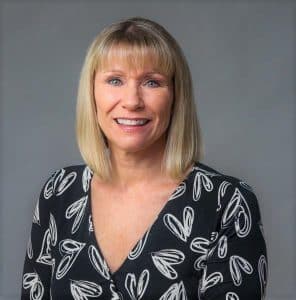Bill for peer specialist Medicaid reimbursement fails

As a woman in recovery herself, Rebecca Allen put a lot of thought into the written testimony that detailed why she did not support a bill (S.B. No. 1205) focusing on the push for peer specialists to get reimbursed that ultimately died in committee.
Allen, director of recovery advocacy for Connecticut Community for Addiction Recovery (CCAR), said it has been 25 years since the last time she used heroin.
She explained that CCAR trains, certifies, and employs peer support specialists in the area of substance abuse. Funded by the Department of Mental Health and Addiction Services (DMHAS), CCAR provides non-clinical, community-based, recovery support services out of five Recovery Community Centers in Bridgeport, Hartford, New Haven, Waterbury,...
Want to keep reading this article from New England Psychologist?
Login below or subscribe today to support independent journalism!
